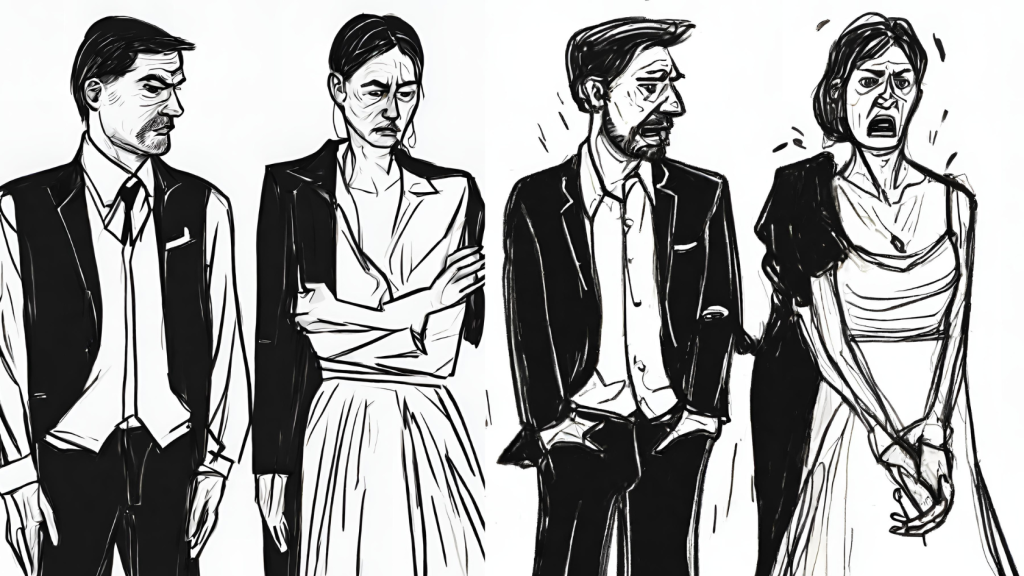Low Sexual Desire Psychological Aspects
Low sexual desire, or low libido, is a common concern that affects many individuals and couples, impacting their relationships and overall quality of life. Unlike many physical conditions, low sexual desire is often rooted in a complex interplay of biological, psychological, relational, and sociocultural factors. Understanding these components is crucial for addressing and treating this issue effectively. This blog delves into the various dimensions of low sexual desire, with a particular focus on its psychological aspects.
Biological Influences on Sexual Desire
Before delving into the psychological factors, it’s important to acknowledge the biological underpinnings of sexual desire. Hormonal levels, particularly of testosterone and estrogen, play significant roles in modulating libido. Changes in these hormones due to health conditions, medications, or life transitions such as menopause or andropause can significantly impact sexual desire.
Psychological Factors
Low sexual desire is often tightly interwoven with an individual’s psychological state. Two common psychological conditions that can lead to decreased libido are:
- Anxiety: Persistent worries can detract from sexual desire by focusing the mind on fears or potential negative outcomes rather than on sexual pleasure or emotional connection.
- Depression: This mood disorder can dampen libido significantly, as it affects a person’s overall energy, motivation, and ability to find pleasure in activities once enjoyed, including sex.
Addressing these psychological factors often involves therapies such as cognitive-behavioral therapy (CBT) or counseling to manage symptoms and improve mental health.
Relational Dynamics
The health of a relationship plays a pivotal role in sexual desire. Emotional intimacy is a cornerstone of a healthy sexual relationship. When couples experience emotional disconnect, conflicts, or communication barriers, sexual desire can wane. Couples therapy or marriage counseling can be beneficial in these cases, providing a platform for both partners to express their feelings and learn healthier ways to connect and communicate.

Sociocultural Influences
Cultural context and societal norms can greatly influence one’s sexual desire. Living in an environment that is restrictive or repressive regarding sexual expression can lead to internalized negative beliefs about sexuality. These negative perceptions can suppress sexual desire and create feelings of guilt or shame associated with sex.
Education and therapy can play significant roles in unlearning harmful stereotypes and embracing a healthier, more positive view of sexuality. Discussions facilitated by a therapist or a counselor can help individuals and couples explore these deeply ingrained beliefs and challenge the stigmas surrounding sexual desire.
Addressing Low Sexual Desire
Treating low sexual desire involves a holistic approach:
- Medical Review: Consulting with a healthcare provider can help rule out or address any biological causes of low libido, such as hormonal imbalances or medication side effects.
- Psychological Assessment: Engaging with a psychologist or therapist can help address mental health issues like anxiety or depression that may be impacting sexual desire.
- Couples Counseling: This can help partners improve communication, resolve conflicts, and enhance emotional intimacy, all of which are crucial for a fulfilling sexual relationship.
- Cultural Reassessment: Reflecting on and discussing cultural and societal attitudes towards sexuality may help individuals understand and modify any negative perceptions they have internalized.
Conclusion
Low sexual desire is a multifaceted issue that requires an integrated approach to treatment, recognizing the complex interplay of biological, psychological, relational, and sociocultural factors. By addressing each of these areas, individuals and couples can better understand the root causes of low libido and take effective steps towards reclaiming a fulfilling sexual life. Remember, seeking help is a sign of strength, and with the right support, overcoming low sexual desire is entirely possible.

